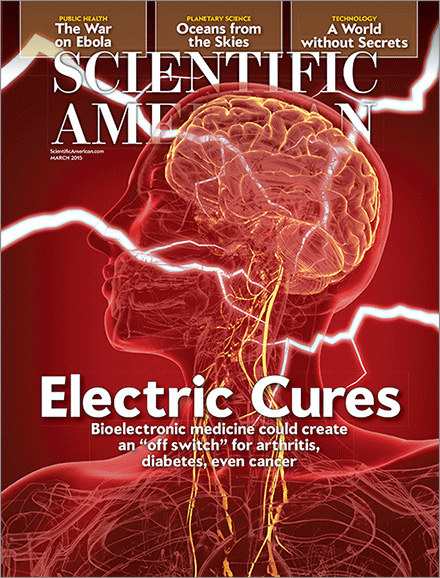Forging Doubt
Just because we don’t know everything
doesn’t mean we know nothing

WHAT DO TOBACCO, food additives, chemical flame retardants and carbon emissions all have in common? The industries associated with them and their ill effects have been remarkably consistent and disturbingly effective at planting doubt in the mind of the public in the teeth of scientific evidence. Call it pseudoskepticism.
It began with the tobacco industry when scientific evidence began to mount that cigarettes cause lung cancer. A 1969 memo included this statement from an executive at the Brown & Williamson tobacco company: “Doubt is our product since it is the best means of competing with the ‘body of fact’ that exists in the minds of the general public.” In one example among many of how to create doubt, a Philip Morris tobacco executive told a congressional committee: “Anything can be considered harmful. Applesauce is harmful if you get too much of it.”
The tobacco model was subsequently mimicked by other industries. As Peter Sparber, a veteran tobacco lobbyist said, “If you can ‘do tobacco,’ you can do just about anything in public relations.” It was as if they were all working from the same playbook, employing such tactics as: deny the problem, minimize the problem, call for more evidence, shift the blame, cherry-pick the data, shoot the messenger, attack alternatives, hire industry friendly scientists, create front groups. (continue reading…)


